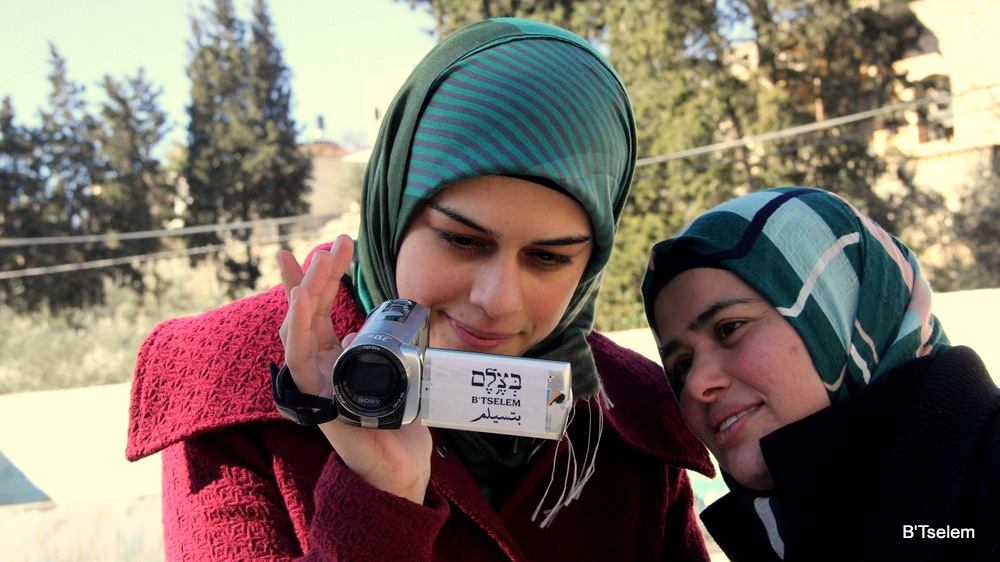Originally published at MintPress News.
JERUSALEM — An Israeli NGO that protects the human rights of Palestinians announced last month that it would cease cooperating with the Israeli military in investigating soldiers’ crimes.
Founded in 1989, B’Tselem is dedicated to “promoting a future where all Israelis and Palestinians will live in freedom and dignity.”
One of the group’s major activities is exposing murders and other war crimes by members of the Israeli military assigned to enforce the country’s apartheid policies against the indigenous Palestinian population, including restrictions on freedom of movement. After collecting evidence of crimes against Palestinians, often through hidden cameras and other surveillance technologies, the group seeks legal justice for the victims.
“Ever since B’Tselem was established more than 25 years ago, it has applied to the Military Advocate General Corps (MAG Corps) regarding hundreds of incidents in which Palestinians were harmed by soldiers, demanding the incidents be investigated,” wrote B’Tselem in “The Occupation’s Fig Leaf: Israel’s Military Law Enforcement System as a Whitewash Mechanism,” a report issued May 25.
Despite cooperating at every stage of the investigation process, the group found that, “B’Tselem’s many years of working with the military law enforcement system have not brought the victims justice, because … the system operates in a way [that] fails to hold accountable soldiers who caused harm and fails to deter others from committing similar acts.”
The authors continued:
Now, after a long process of careful consideration, B’Tselem has reached the conclusion that continuing to file complaints to the military law enforcement system does more harm than good. Because B’Tselem has no desire to help the system create a mere semblance of doing justice, we have decided to stop applying to the military law enforcement system. This decision holds even in cases of suspected unlawful actions by soldiers, and even though we realize that Palestinian victims have no other avenue available to them for filing complaints against those who have done them harm.
The report includes several case studies documenting the organization’s attempts to seek justice through Israel’s military law enforcement system. In one 2013 incident, a 21-year-old resident of Bethlehem, Lubna al-Hanash, was fatally shot by an Israeli soldier while walking with a friend from the al-Arrub Palestinian refugee camp.

Despite a lengthy investigation and forensic evidence collected by both civilian and military police, the investigation was abruptly closed in 2014. A notice published by MAG Corps claimed that al-Hanash had “regrettably” been killed because she happened to be standing near an escape route used by Palestinians suspected of throwing Molotov cocktails that same day.
In a May 25 statement sent to Electronic Intifada, an independent news and education site focusing on Palestinian liberation, the executive director of B’Tselem, Hagai El-Ad, wrote: “As of today, we will no longer refer complaints to this system, and we will call on the Palestinian public not to do so either.”
“We will no longer aid a system that whitewashes investigations and serves as a fig leaf for the occupation,” El-Ad concluded.
In an opinion piece published Saturday on Middle East Monitor, Asa Winstanley, associate editor at Electronic Intifada, called B’Tselem’s new policy “ground breaking.”
“This move could represent an important turning point in how seriously Israel’s ‘investigations’ are taken by international media,” Winstanley wrote. “Perhaps a logical next step would be for lawyers to boycott the military courts system altogether – something which Palestinian and Israeli human rights groups have debated for years.”
Watch “Military’s law enforcement system as whitewash: Beating of Sharif Abu Hayah” from B’Tselem: